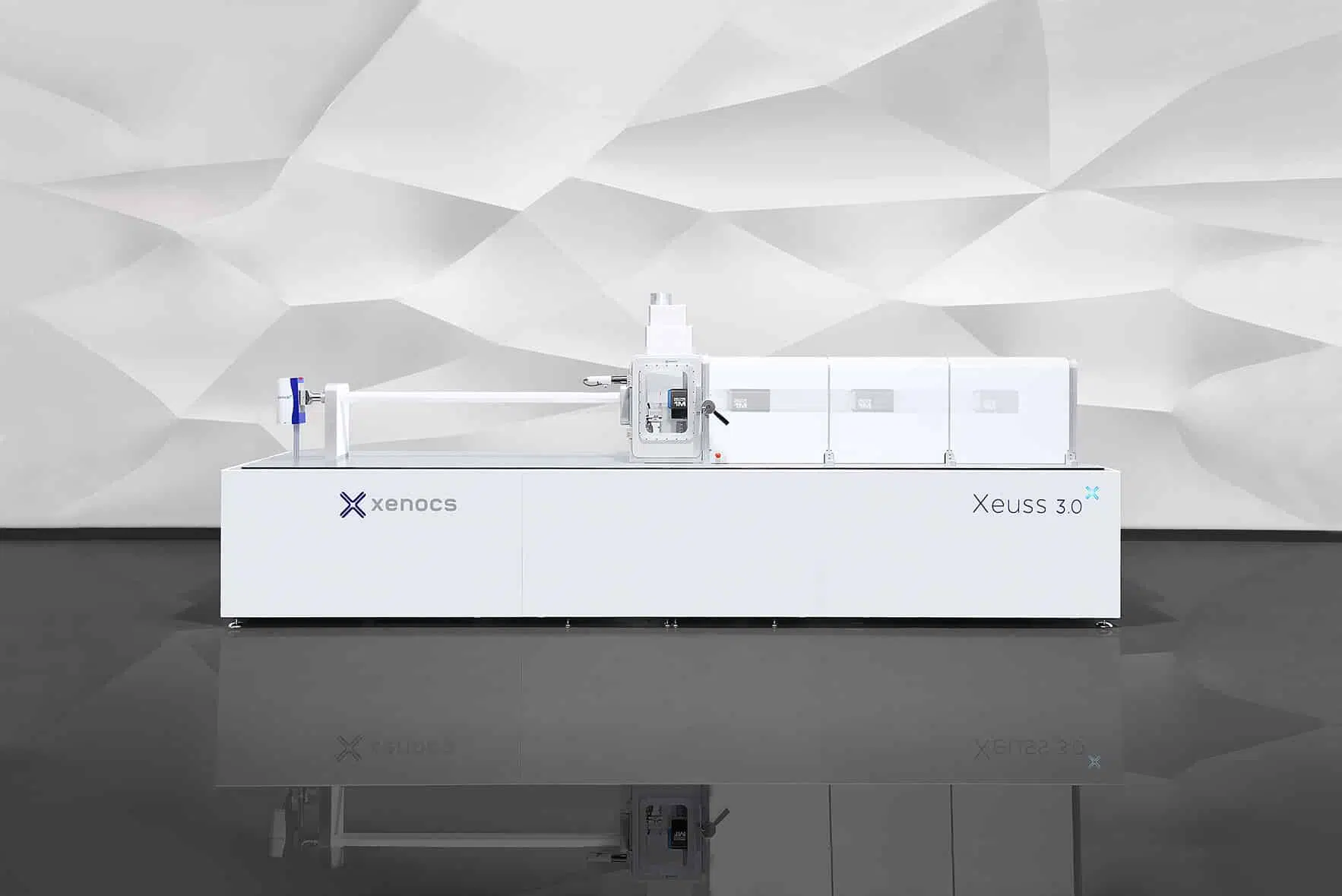Langmuir, 2017, vol 33, 43, pp. 12336-12343
DOI:10.1021/acs.langmuir.7b02926
Abstract
Film rehydration method is commonly used for membrane protein (MP) reconstitution into block copolymer (BCP), but the lack of control in the rehydration step formed a heterogeneous population of proteopolymersomes that interferes with the characterization and performance of devices incorporating them. To improve the self-assembly of polymersomes with simultaneous MP reconstitution, the study reported herein aimed to understand the effects of different variants of the rehydration procedure on the MP reconstitution into BCP membranes. The model MP used in this study was AquaporinZ (AqpZ), an ?-helical MP that has been shown to have a high permeation rate exclusive to water molecules. Comparing four rehydration methods differing in the hydration time (i.e., brief wetting or full hydration) and medium (i.e., in buffer or AqpZ stock solution), prehydration with buffer prior to adding AqpZ was found to be most desirable and reproducible reconstitution method because it gave rise to the highest proportion of well-formed vesicles with intact AqpZ functionality as evidenced by the transmission electron microscopy images, dynamic light scattering, and stopped-flow analyses. The mechanisms by which effective AqpZ reconstitution takes place were also investigated and discussed. Small-angle X-ray scattering analysis shows that hydrating the initially dry multilamellar BCP films allows the separation of lamellae. This is anticipated to increase the membrane fluidity that facilitates a fast and spontaneous integration of AqpZ as the detergent concentration is considerably lowered below its critical micelle concentration. Dilution of detergent can result in precipitation of proteins in the absence of well-fluidized membranes for protein integration that underscores the importance of membrane fluidity in MP reconstitution.

































